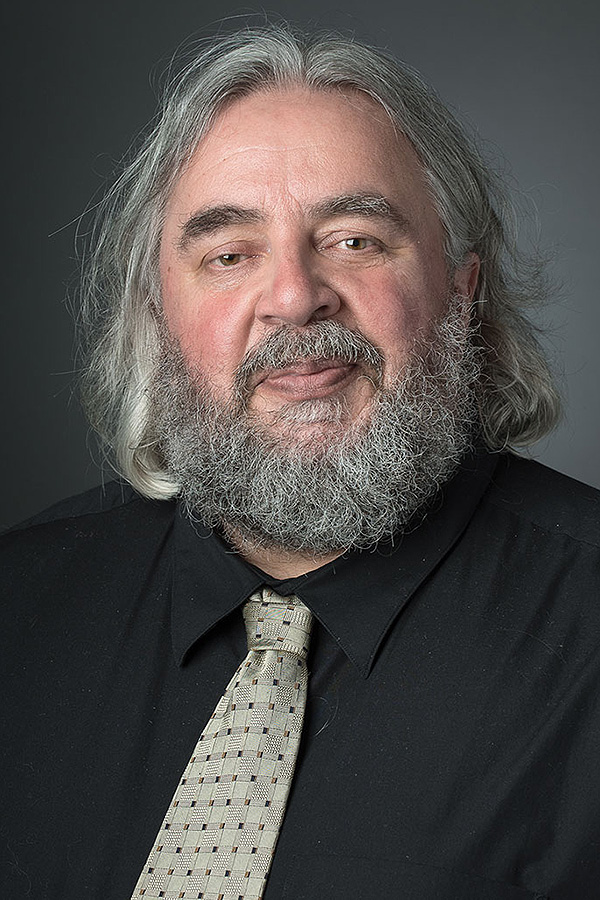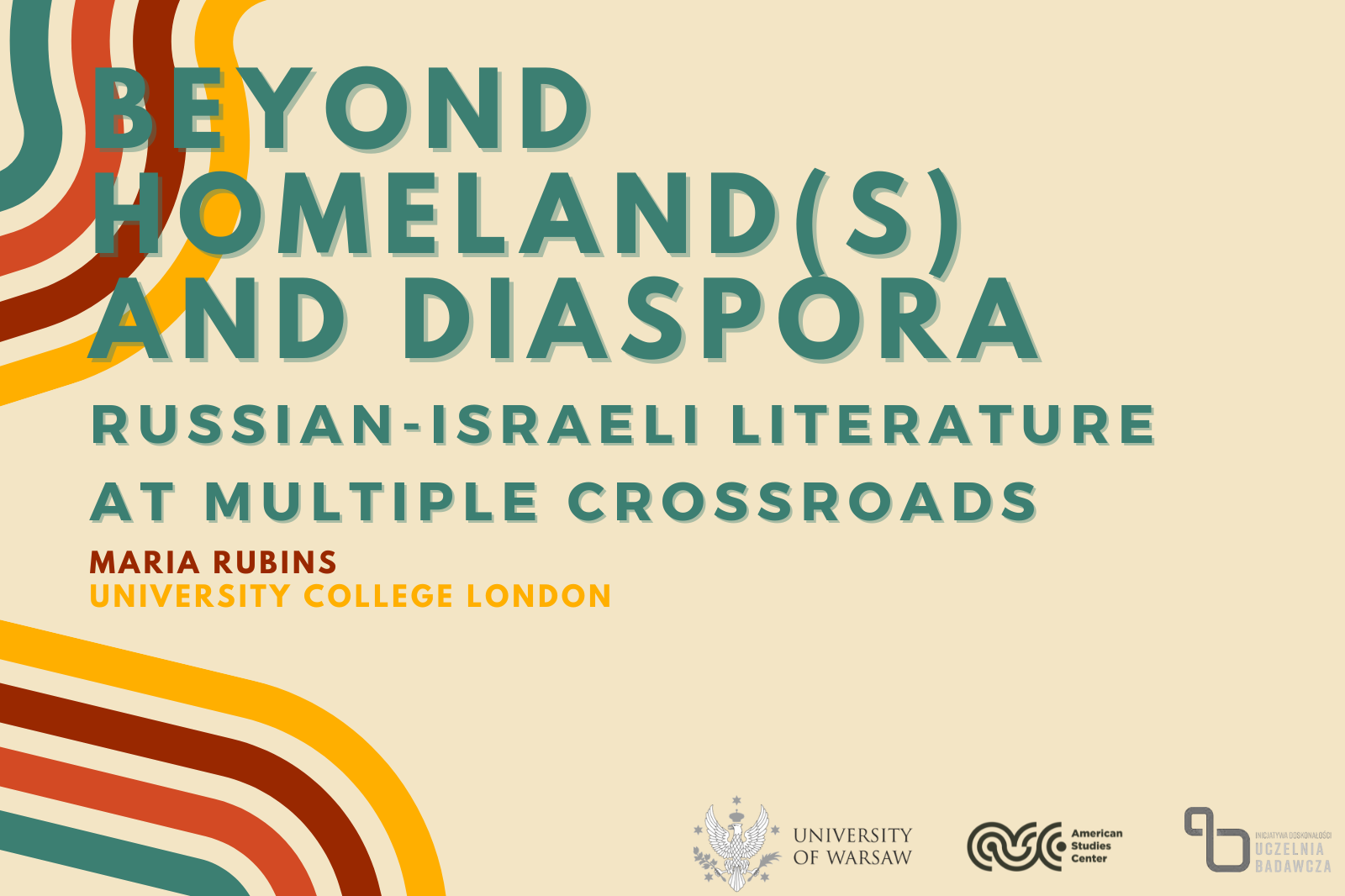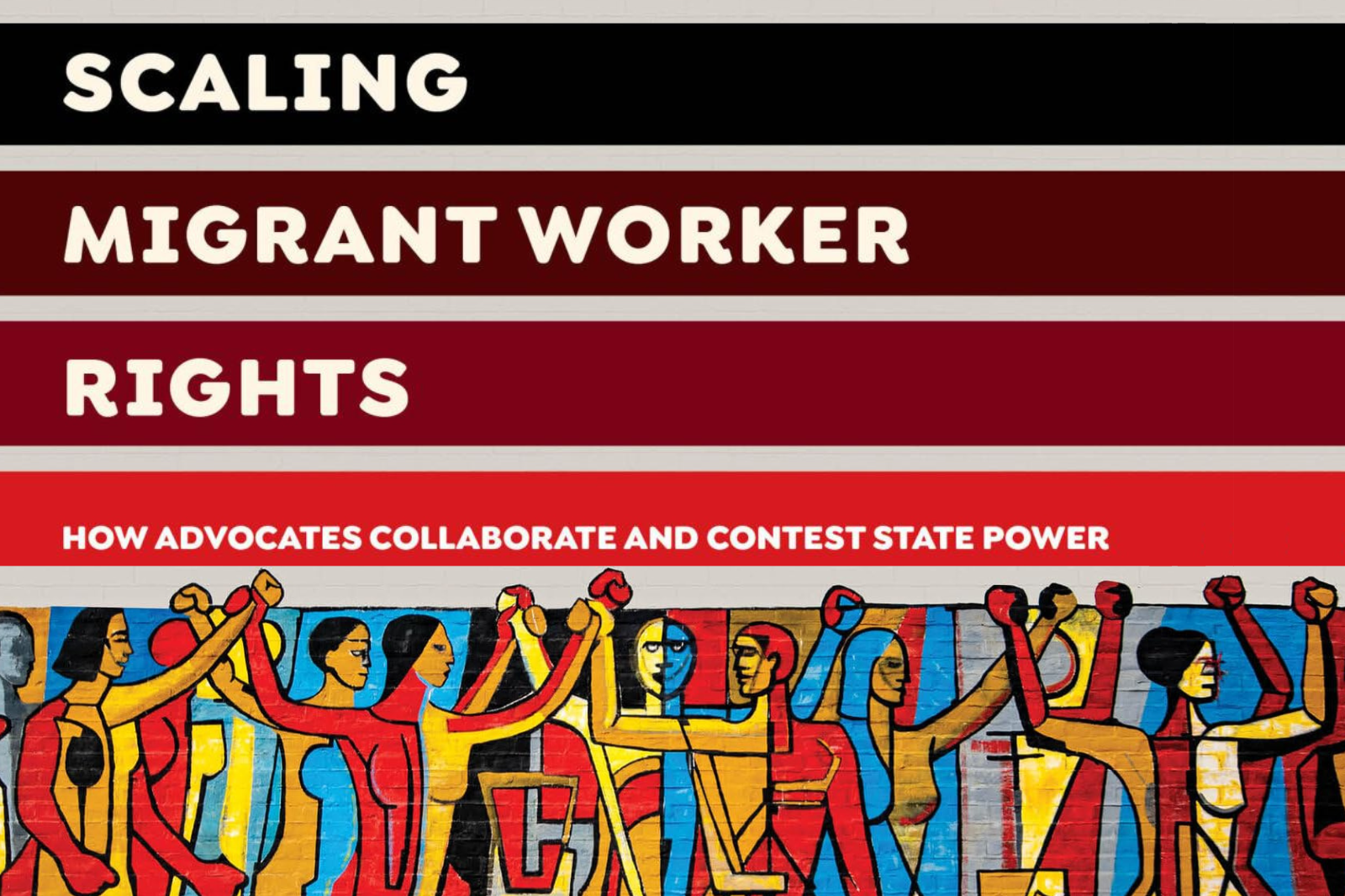We are pleased to announce a lecture by
David Schmid
(University at Buffalo)
Crime Narratives in the Age of Trump
Thursday, March 28, 2019
at 4 p.m.
Where?
American Studies Center, room 317,
al. Niepodległości 22, Warsaw.
What?
In an article published in New Republic, Josephine Livingstone argues that today’s cultural critics should avoid succumbing to a type of binaristic thinking that asks “is the art against Trump or escaping from Trump?” In emphasizing that “it’s not always about Trump,” Livingstone claims that we need a vision of cultural politics that is not necessarily tied to the state.
This talk proceeds from a different premise. I will argue that the election of Donald Trump as the 45th President of the United States provides the cultural critic in general and the cultural critic of crime narratives in particular with a valuable opportunity. Specifically, I want to use the Age of Trump as a lens to examine a series of related issues about what televisual, filmic, and written narratives of crime from a variety of geographical and geopolitical spaces can do, should do, and perhaps are uniquely qualified to do in a situation where the taken-for-granted ground of liberal democracy is being eroded in front of our eyes. These issues include: the State as a criminal actor; capitalism as a fundamentally criminal institution; the ability and utility of distinguishing between individual and collective forms of crime, violence, and guilt, and the possibility of imagining alternatives to a system whose contempt for the rule of law has never been more flagrant.
Who?
David Schmid is an Associate Professor in the Department of English at the University at Buffalo, where he teaches courses in British and American fiction, cultural studies, and popular culture.

He has published on a variety of subjects, including the nonfiction novel, celebrity, film adaptation, Dracula, and crime fiction, but majority of his work focuses on violence and popular culture. He is the author of Natural Born Celebrities: Serial Killers in American Culture, the co-author of Zombie Talk: Culture, History, Politics, the editor of Violence in American Popular Culture, and the co-editor of Globalization and the State in Contemporary Crime Fiction. Most recently, he recorded a series of video lectures for The Learning Company entitled The Secrets of Great Mystery and Suspense Fiction. He is currently editing a special issue of Studies in Crime Writing on the true crime renaissance and working on a new book project entitled Crime Narratives in the Age of Trump.



